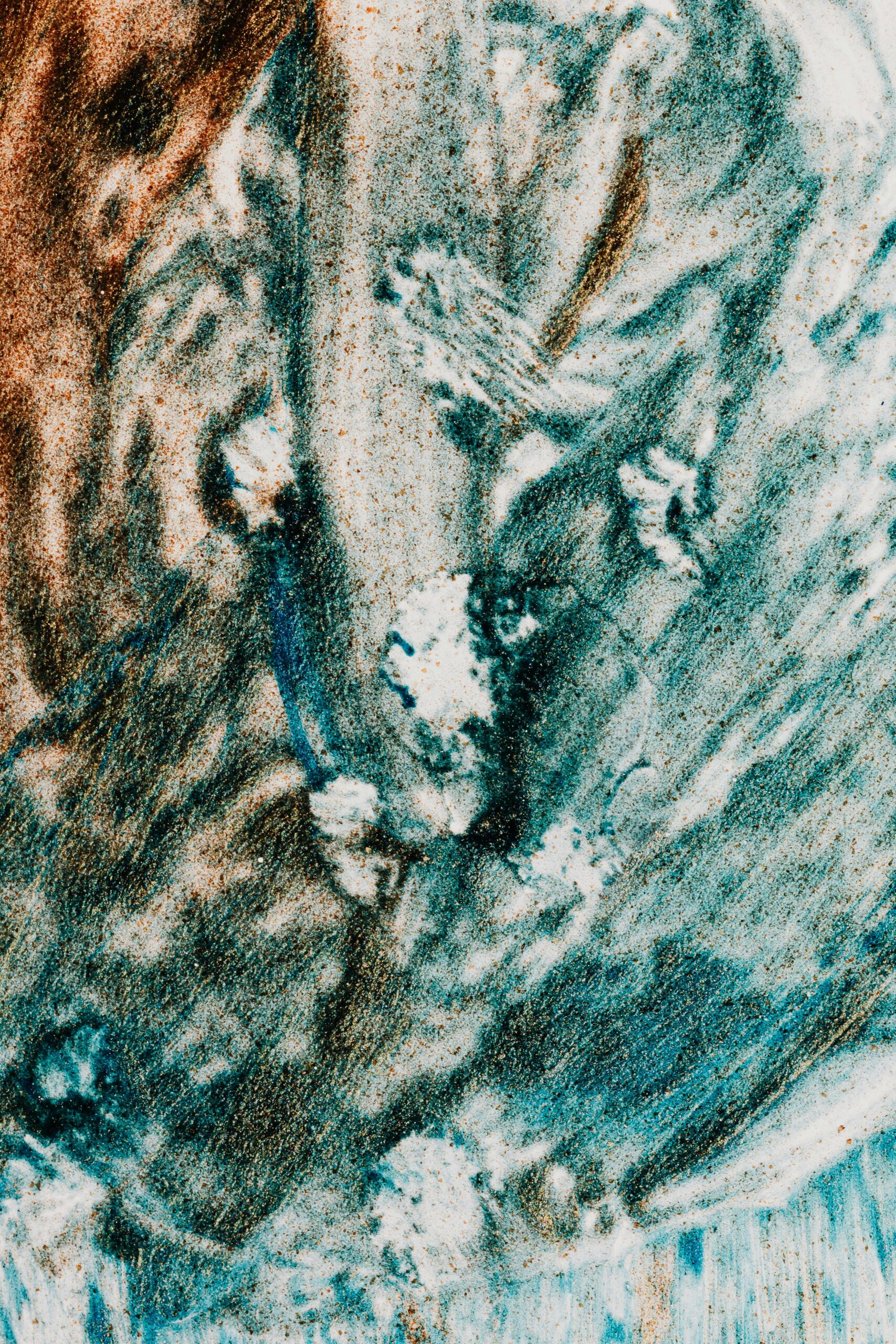Along the third base foul line, the boys embrace in a one-arm hug for a post-game pic. One wears a toothy grin, full of satisfaction at having pulled off a photo caper: shifting just as the pic is taken to squeeze the shorter boy to his shoulder. The squashed boy suffers the prank with a smirk.
Grade school buddies grown to high school friends, they are outfitted in the rival uniforms of their respective schools, purple and gold vs. blue and white. Cap bills shade their eyes from the stadium lights of a night game, the opening game of the annual baseball tournament. Their hearts are light, measuring happily ever after in a win/loss record and a batting average.
But measures change.
In five years, one will struggle with addiction. It will drive him to steal, most often from his own family, but once, he’ll attempt theft at his friend’s: a rodeo buckle, sterling and shiny, resting on a porch table. Guilt pricks the fingers reaching for it. He tells himself he wants to examine the intricate etchings, but then he’s tucking it into his sweatshirt, the buckle hook catching the pocket edge as his friend rounds the corner. Bloodshot and shamed, he peers into eyes gaining clarity. He hears, “Get out, you f***ing drug addict!” Other things make this truth undeniable.
He stumbles three steps down from the porch to the earth, the distance becoming a chasm too wide for the friendship to traverse.
The addict struggles with more thefts and lies, overdoses and rehabs. The other boy thrives—junior college, including baseball, later moving out of state with his parents to start a calf ranch.
In two more years, that boy will take a turn on a country road too fast, and the friendship will never have the chance to heal, even though the addict will crawl from hell, hands coated in muck, knees scared but eyes clear, to wish he could make it right with his friend—pose for a pic, embrace in a guy hug. He can never say, “I’m sorry. Let’s go hunting. I’ll drive.”
The mom of the lost son will never stop loving the other boy, encouraging him, hoping. At her son’s memorial, she embraces the addict’s mother and whispers, “Squeeze that boy, every day. You just don’t know.” The women wrap their resolve around one another, hold, as if palms pressed to backs could bind splintered hearts.
I hardly remember these boys posed in Memorial Field. One deceased, one clinging to light stolen from his eyes when he disappeared beneath addiction, the drugs like snow scraping a soft-angled ridge, slow moving snow, gathering everything visible, gaining momentum, an avalanche burying us.
At times during those years, the weight of my fear smothered hope. My strangled breathing triggered moments I wished it would end. Not me. I didn’t want to end. I wanted the pain ripping through me, my own avalanche, to end. But how would it end? Did I want my son to die? Of course, not. Shame hollows me when I think of how at times despair rushed over me so suddenly, I could not protect myself from it. Mothers are supposed to be strong. But I am small compared to an avalanche.
A last look at this pic from Memorial Field before I tuck it away—I admire how crisp my steady hand rendered our boys of summer when they were still boys. The joy of that moment lived in a different lifetime, but only now do I discern what a camera could not.
Our boys were every boy, every set of friends who measured a good day in line drives and diving catches, who imagined wearing a professional uniform, who daydreamed of girls with long, tan legs. They were every boy ripe with innocence and potential in such abundance neither could be contained—saturating photo frames, spilling over trimmed spring grasses of an outfield, around base paths, into dugouts, up into bleachers, their possibility a restorative, like a cool gust received with a sigh, lifted chin and closed eyes.
Annette L. Brown is a mother, wife, friend, retired teacher, who lives on an almond farm in Central California where she enjoys spending time with people she loves. She is grateful for the support of The Taste Life Twice Writers and The Light Makers’ Society. Annette has pieces reflecting her appreciation of nature, family, beauty, and humor in several publications including Cathexis Northwest Press, Last Stanza Poetry, Flash Fiction Magazine, Every Day Fiction, and several Personal Story Publishing Project anthologies.

